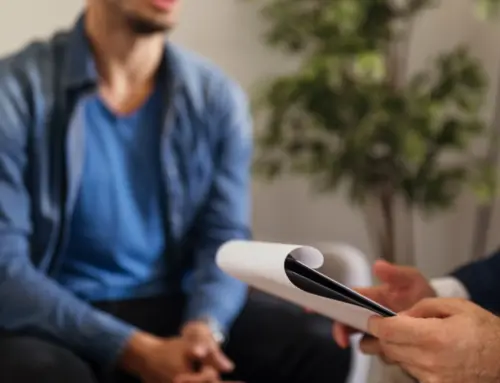When someone does something wrong, they deserve to be punished. When there is something mentally wrong with someone like having an addiction, jail is not going to help them achieve sobriety but they will relapse when they are released. Drug courts can help those suffering with addiction get the proper help they need so they can do work for their sobriety instead of spending that time behind bars.
In 1989, the first drug court was in Miami-Dade county which helped give drug addicts the help they needed. Drug courts provide treatment, individualized therapy, 12 step meetings, urine tests, and court. They can help you find a job or volunteer while in treatment. Drug courts are normally six months to a year with weekly drug tests and being monitored. Drug addicts appear before a judge to review their process and give them incentives. Drug courts have the power to punish those that appear in court with a failed drug test or do not fulfill their obligations. When drug addicts graduate from drug court, the charges against them can be dismissed.
As of May 2017, according to the U.S. Department of Justice, there are 3,100 drug courts in the U.S. that expand across the entire country. There are also services to juveniles, veterans, and those who have co-occurring disorders. There are also family drug courts where parents have caused child abuse or neglect as a result of their substance abuse. Crimes in drug courts can include drug possession or sales, actions that increase the risk of drug use, or offenses indirectly related to substance abuse like stealing money to finance drug habit.
It is the job of rehab providers to match each candidate with a personalized plan and may transition from inpatient to outpatient. The National Association of Drug Court Professionals (NADCP) says that drug addicts are six times more likely to be in treatment long enough to improve their health. Three out of four graduates are able to avoid arrest for at least two years after. The NADCP also says that taxpayers saved $3.36 in incarceration costs for every dollar invested in treatment courts. President Donald Trump says he plans on increasing incentives for state and local government for treatment courts as they are cost-effective and will provide a successful recovery. When recovering addicts graduate, they will be able to make positive changes and better their lives.
Located in downtown Midland, The Springboard Center’s mission is to offer programs and services to treat alcohol and drug addiction treatment using an evidence based curriculum, 12 step programs, diet, nutrition, exercise, emotional, mental and spiritual development for a long recovery. For more information, please call us at 432-620-0255 as we are open 24 hours a day, 7 days a week.




